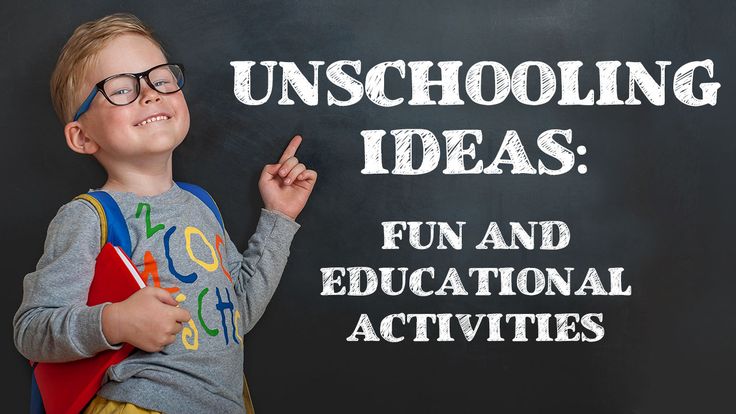Unschooling is a type of alternative education that focuses on self-directed learning through real-life experiences instead of traditional classroom settings. This educational approach encourages students to follow their interests and passions, which leads them to learn in a more natural and meaningful way.
Here are the top 15 reasons why unschooling can be an excellent choice for families seeking an alternative form of education:
1. Individualized Learning: Unschooling allows children to follow their individual interests, talents, and curiosity at their own pace without being forced to conform with pre-determined curriculum standards.
2. Freedom: Unschoolers have the freedom to choose what they want to learn, how they want to learn it, when they want to learn it, and where they want to learn it. This creates a sense of independence and responsibility in children.
3. No Homework or Tests: With no set curriculum or testing requirements, unschoolers are not burdened by excessive homework or stressful exams that can hinder learning.
4. Real-Life Experiences: Unschoolers focus on experiential learning by engaging in hands-on activities that allow them to interact with the world around them while developing practical skills.
5. Passion-Driven Learning: By following their passions and interests, unschoolers become motivated learners who actively seek out knowledge through exploration rather than passive listening in class.
6. Critical Thinking Skills: Without being confined by standardized tests or curricula guidelines, unschoolers develop critical thinking skills needed for success in life outside academia.
7. Respectful Communication: With no grades or competition involved in learning, communication between parents/teachers and students is based on mutual trust and respect rather than authority figures dictating rules from above.
8. Collaborative Learning Environment: Unschooling encourages teamwork among students who work together towards common goals while respecting each other’s individuality
9. Continuous Learning Opportunities: Life itself provides endless opportunities for learning new things; therefore, unschooling is not limited to a specific time frame or age group.
10. Self-Discovery: Unschoolers have the opportunity to discover their unique talents, interests, and passions without being restricted by societal norms or expectations.
11. No Age Segregation: Traditional schooling separates children into age groups; unschooling allows for more diverse socialization opportunities that reflect real-life situations where people of different ages work together in a collaborative environment.
12. Flexibility: Unschoolers can choose when and where they want to learn based on their schedules, interests, and other activities rather than being tied down to a rigid school schedule.
13. Holistic Approach: Unschooling emphasizes developing the whole child’s physical, emotional, social, academic needs without compartmentalizing them as separate entities
14. Value-Based Learning: With no set curriculum or grading system involved in learning, unschoolers are free to explore topics that align with their personal values and beliefs while challenging themselves intellectually.
15. Real World Preparation: By focusing on experiential learning instead of memorization-based education systems prevalent in traditional schools, unschoolers are better equipped for life outside academics by developing practical skills needed for survival in today’s world.
In conclusion, unschooling is an excellent alternative form of education that focuses on self-directed learning through real-life experiences instead of traditional classroom settings. By allowing children the freedom to follow their individual interests at their own pace without being burdened by excessive homework or stressful exams that can hinder learning creates independent thinkers who develop critical thinking skills necessary for success outside academia while respecting others’ opinions along with developing practical skills needed for survival in today’s world.

Leave a comment